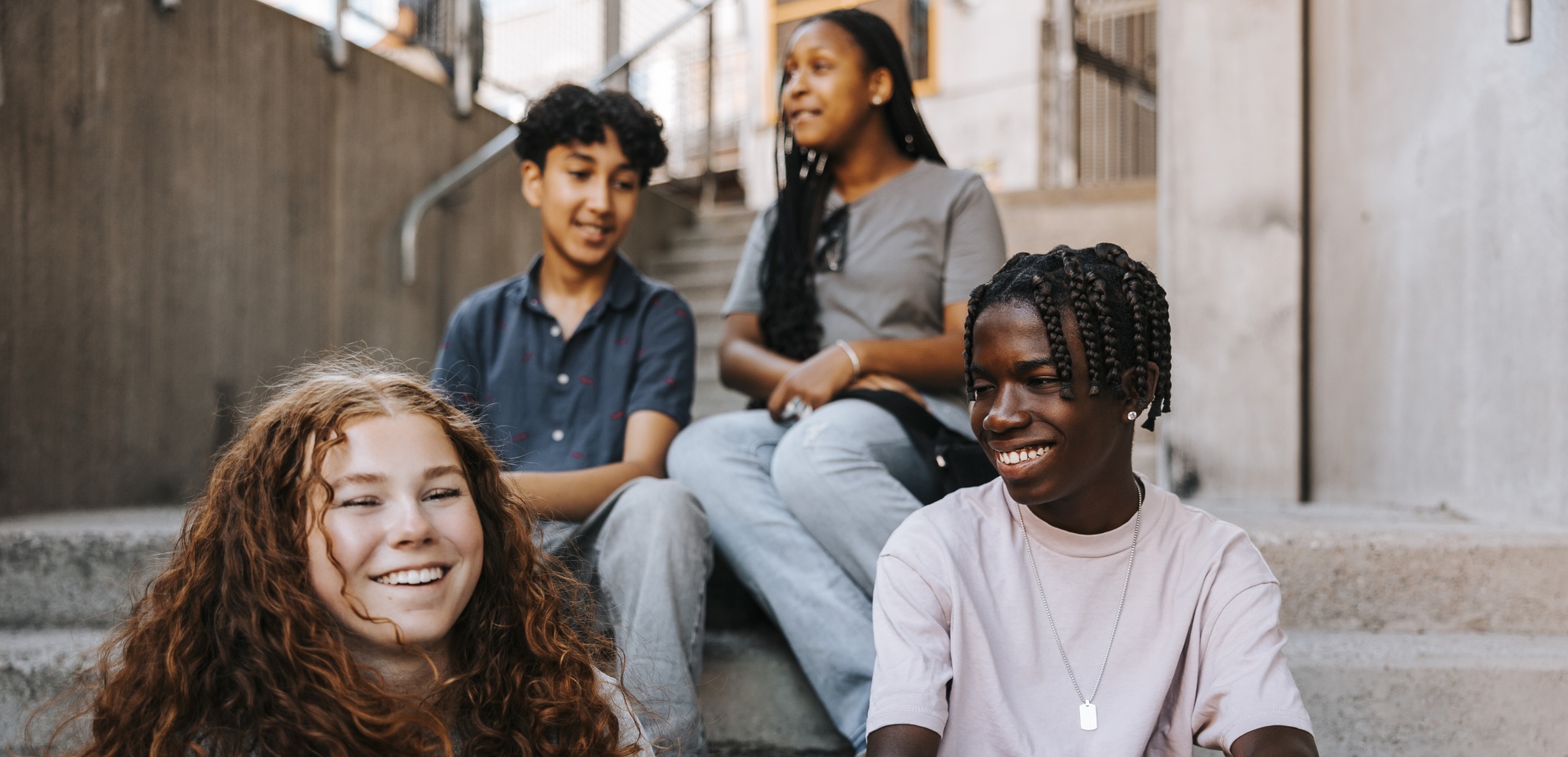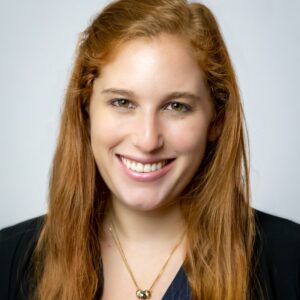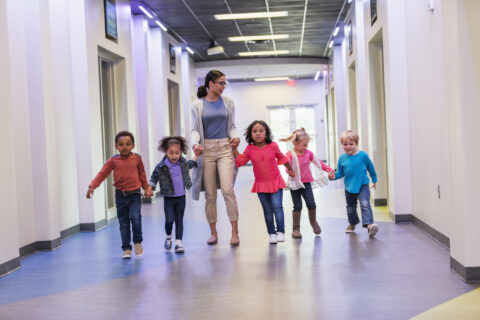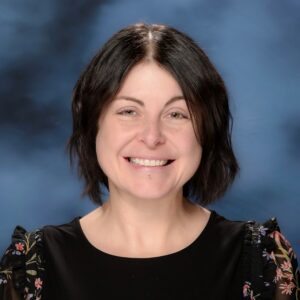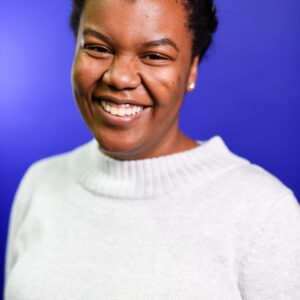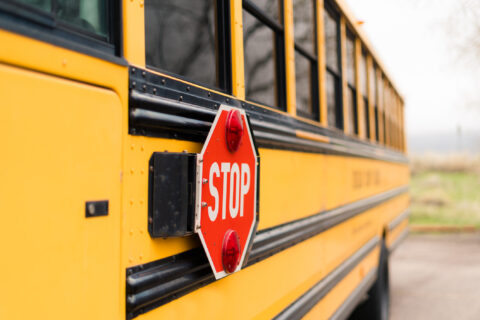At a July 2025 meeting of our Mayor’s Education Policy Advisors Network, one thing was clear: federal and philanthropic funding cuts are creating gaps that hurt children and families.
To combat this uncertainty, cities are thinking about how to create their own sustainable funding streams to supplement federal funding. One emerging solution gaining popularity is the voter-approved children’s fund.
A voter-approved children’s fund is defined as a portion of local tax revenue dedicated to children’s services via a ballot measure. This fundraising effort offers a sustained source of revenue that cannot be cut, eliminated or reassigned during annual budget processes.
According to the Children’s Funding Project, “there are more than 50 children’s funds across the country that voters have approved that generate more than $2.1 billion every year for infants, toddlers, children and youth.”
City Example: Seattle’s Families, Education, Preschool, and Promise Levy (FEPP)
In 2018, voters in the City of Seattle approved the FEPP levy. The seven-year, $619 million property tax levy is expanding access to early education and Pre-K, providing wraparound supports and health services at K-12 schools, expanding out-of-school time programs and covering tuition at area community colleges. In the city’s most recent report (PDF), FEPP helped fund 75 percent or $136.7 million of the city’s investments in youth, education and wraparound supports.
How is the levy working? So far, data show that elementary and middle school students served by FEPP Levy investments have rebounded from COVID-19 educational impacts faster than students at schools not served by the levy. Additionally, analyses also show an increase in graduation rates amongst schools receiving additional FEEP levy-funded investments.
City Example: San Antonio’s Pre-K 4 SA
In 2012, City of San Antonio Mayor Julian Castro introduced a 1/8 cent sales tax ballot measure to establish Pre-K 4 SA. The measure passed with 53 percent of the vote and was renewed in 2020 with 73.3 percent of the vote. Most recently, the City Council approved Pre-K 4 SA’s $60.5 million budget for fiscal year 2025-2026.
The citywide program offers free full-day preschool, including meals and transportation, for qualifying 4-year-olds. Additionally, the sales tax funds job training for preschool parents, professional development and grant programs for teachers.
Reports completed in 2019 and 2022 suggest that students who attended Pre-K 4 SA schools had higher third and fourth grade math and reading scores, reduced special education placement and increased Kindergarten-3rd grade attendance than similar peers who did not attend these schools (Villarreal 2019, 2022, (PDF)). These positive effects, along with a parent’s ability to stay in the workforce, lead researchers to estimate that Pre-K 4 SA has a societal return of $3,790 per child (2020, Decker-Woodrow (PDF)).
Building the political will for a municipal ballot measure takes time and support from a variety of stakeholders. With a mayor that vocally supports programs and services for youth and a group of strong community partners, cities can start to build the foundation needed to understand the current funding gaps and what a ballot measure might look like. In addition, you might hire a children’s funding coordinator whose main job is to identify additional sources of funding and help the city understand the investments needed to stand up or expand youth programs.
The National League of Cities is here to help you connect with peer cities that have successfully passed voter-approved children’s funds.
Learn More About Seattle’s Levy
Learn even more about what worked in Seattle and how they passed their Families, Education, Preschool and Promise Levy. The Decades in the Making toolkit offers tips and next steps to help you achieve similar successes.
